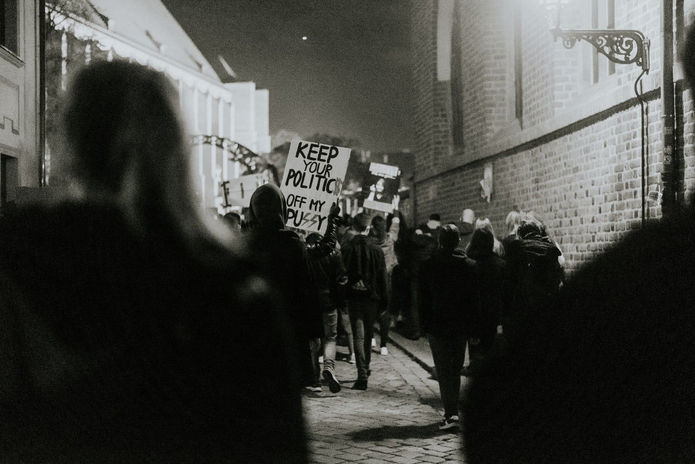It is no secret that abortion has always been a highly contested and hot-button issue. No one can agree on whether or not this procedure should be legally allowed to continue to happen for people who become pregnant and have extenuating circumstances that prevent them from carrying through with said pregnancy.
The conservative Polish government had previously set forth plans for a court ruling that would implement a near-total abortion ban. Poland already has in place some of Europe’s most restrictive laws in regard to when and how abortions can occur. Prior to this new ruling, Poland had allowed for abortions to occur in three different cases: birth defects, life-threatening situations for the mother or cases of incest/rape.
According to The Guardian, this new law would rule “that [abortions] should be illegal even in cases where a [fetus] is diagnosed with a serious and irreversible birth defect.” This leaves only the latter two options for pregnancies to be legally terminated in Poland if the law goes into effect. Many women and families with disabled children do not receive support from the government once the child is born, leaving them to fend for themselves.
The law was delayed from being officially voted on in court due to “two weeks of the largest protests the country has experienced since the 1989 collapse of communism,” writes the New York Times. The comparison of the protests for abortion’s legality to the communist protests over 30 years before this is especially poignant; it serves to show just how important this law is not only to women but the people of Poland in general.

The protests have largely been peaceful, but some “far-right activists… armed with pepper spray and flares, occasionally confronted the protesters violently,” according to the New York Times. Women have been marching through the streets of the capital city of Warsaw with signs that read, “I wish I could abort my government.”
Another aspect of the protests, which highlights just how paramount the option to choose, is that amidst this dissent lies a deadly pandemic threatening to take even more away from the Polish people. Death tolls are rising in the European country; according to a Polish news source, coronavirus cases have only risen since Nov. 3, and “another 373 persons have died, the highest daily total so far.”
Despite this extreme health risk, hundreds of thousands of Polish citizens are still turning out to protest for their rights to bodily autonomy. A mere two weeks of protests have halted the Polish government in its place to reconsider the decisions being made for the future of abortion laws in lieu of the unexpected uprising from its people.
The Polish president, Andrzej Duda, has, in response, also submitted a proposal of potential changes to be made to said law. His goal is to ease up on the abortion restrictions just slightly in hopes that it will appease both the protestors and the large Roman Catholic population that reside in the country. The session to vote on the law has been postponed indefinitely due to both the protests and the pandemic restrictions.
Want to see more HCFSU? Be sure to like us on Facebook and follow us on Instagram, Twitter, TikTok, Youtube and Pinterest!



